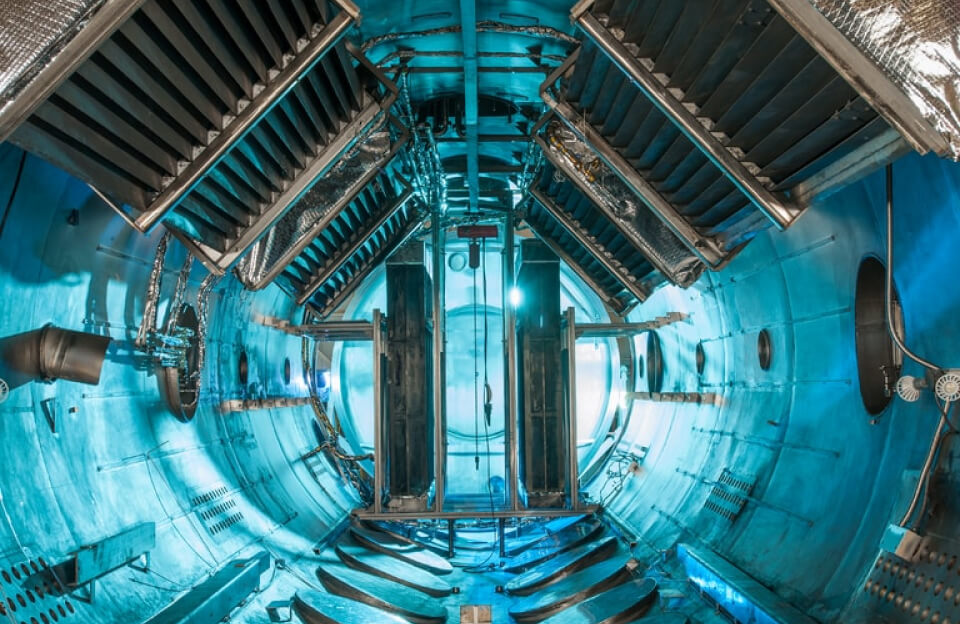AI-Powered Startups are pushing the United States’ innovative scenario to a whole new level very quickly. AI (Artificial Intelligence) has emerged as a major factor responsible for the growth of the startup ecosystem and has been very influential in sectors like healthcare, finance, e-commerce, and customer support. The startups are applying AI technologies to improve their productivity, regulate their activities, and make decisions that are quicker and wiser—thus providing more advantages to almost all sectors.
Technological progress, especially in AI, has greatly influenced the success of startups in the U. S. and the West in general. The trend of AI-powered startups is expected to accelerate in the U. S. as they are becoming more common in business, the capabilities they are unlocking are beyond their original expectations, and entrepreneurs are—they can use the AI wave to launch companies that are scalable and future-proof.
What Are AI-Powered Startups?
Artificially intelligent startups are companies that make intensive use of Artificial Intelligence for their core products, services, or business operations. Such pioneers use AI technologies that include, but are not limited to, machine learning, natural language processing (NLP), computer vision, and predictive analytics, among others, to automate processes, extract insights, and enhance user experiences.
While the data-driven algorithms are still developing, AI startups would be relying on them “learning” through the accumulation of data, and this process of continuous self-improvement. This is very advantageous to them, especially in industries where personalization, speed, and accuracy are paramount.
Why AI-Powered Startups Are Booming in the USA
Undoubtedly, the USA is the citadel of global AI innovation. Thanks to leading research institutions, strong financial backing, and a solid entrepreneurial ecosystem, the country has created an ideal environment that actively fosters the birth and rapid growth of AI-powered startups.
Some of the main reasons behind this boom are:
- Access to Big Data
AI is a technology that is heavily dependent on data. In the USA, various industries such as retail, healthcare, and finance produce heaps of data daily. Also, across all these sectors, businesses generate tremendous amounts of data. Startups can then train their models using this data for smarter and more effective AI solutions.
- Strong Tech Talent
America is home to many renowned engineering universities, such as MIT, Stanford, and Carnegie Mellon, which produce graduates who are invariably skilled and proficient in AI and machine learning, who would eventually work in or even start up high-tech startups
- Investor Interest
Moreover, small business financiers and venture capitalists in the USA are increasingly pouring money into AI-focused startups. In fact, according to PitchBook, U.S. AI startups alone raked in over $60 billion in 2023, highlighting the growing investor confidence in this transformative technology.
- Enterprise Demand
AI adoption is a must-do step for U. S. companies for better efficiency, cost reduction, and a competitive edge in the market. This not only opens up avenues for startups but also creates the potential for acquisition.

Industries Being Disrupted by AI-Powered Startups
The impact of AI on the U. S. economy extends beyond the financial sector and reaches just about every industry sector as AI-powered startups have spread their tentacles all over:
Healthcare
AI is one of the key players in making it possible for healthcare startups to reorganize the sectors of diagnostics, treatment planning, and patient care. Just to name a few applications, AI can be trained to give a positive diagnosis by scanning through medical images faster than even the best human doctors.
A noteworthy example is Tempus, which is carrying out AI-enhanced cancer treatment by genomics and data analytics to discover patient-specific needs.
Finance
AI is very much in use in the fintech world, and the likes of fraud detection, credit scoring, robo-advisors, and even algorithmic trading are just a few of its applications. AI is the backbone technology for both customer satisfaction and risk mitigation.
A noteworthy example is Upstart – An AI-based lending platform that assesses borrowers with non-conventional parameters for creditworthiness.
Retail & E-Commerce
AI is the brain behind product recommendations, customer segmentation, and chatbot interactions that are highly professional and conversational, and that help in customer satisfaction while also increasing sales and retention.
A noteworthy example is: Stitch Fix – Employs the services of a human stylist in tandem with AI-based personalization to make clothing selections for customers based on their personal style and feedback.
Transportation & Logistics
AI startups are working on delivery route optimization, fleet management, and even autonomous vehicle development.
A U. S. company worth mentioning is Nuro. This company is designing small self-driving delivery vehicles for last-mile logistics through the application of AI.
Marketing & Customer Support
AI has made it possible for startups to carry out customer service, sentiment analysis, and even create personalized marketing campaigns by automating these processes.
A noteworthy example is Drift – Provides AI-based chatbots that assist companies in real-time customer engagement on their websites, leading to easier lead generation.
Benefits of Starting an AI-Powered Startup
If you are an entrepreneur based in the U. S. and planning to start a tech company, then think of it as a good idea to use AI as a supporting technology. Here are some of the reasons:
- Scalability
AI is a technology that allows startups to become really big by simply automating their operations and constantly serving customers up to their limits. This kind of scalability is very much appealing to investors and customers to an equal extent.
- Competitive Advantage
Startups with AI can provide services that are smarter, quicker, and more personalized, thus making them less visible in the already overcrowded markets.
- Higher Valuation Potential
Startups dependent on AI usually carry a higher valuation owing to their tech advantage and also the future potential of disruption that is quite long-term.
- Problem-Solving Capability
AI’s domain of expertise is in complex problem solving—AI can diagnose diseases or predict market behavior, and that is why it is very impactful for startup companies.
Challenges AI Startups Face
Despite the hurdles, AI-powered startups in the U. S. still have a great deal of potential:
- Data Privacy and Ethics
Startups need to adhere to regulations like GDPR and CCPA, and must also ensure that AI is ethical, transparent, and respects user privacy.
- High Development Costs
To achieve that, a hefty sum is needed to cover the expenses of computational resources, large datasets, and human experts.
- Talent Shortage
The demand for AI specialists in the U. S. is still so high that many startups find it challenging to attract them as they are forced to compete with the likes of tech giants for their talents.
- Trust and Adoption
Some people still do not trust AI-powered solutions, particularly in the fields of healthcare and finance. Startups have to earn this trust through their accuracy and transparency.
How to Launch a Successful AI-Powered Startup
The following are some tips for potential founders who seek to enter the AI market:
- Solve a Real Problem
Don’t create an AI application just for the sake of it. Find a specific market problem and analyze the situation; then determine how AI can provide the solution that is better or faster than the existing solutions.
- Start Lean with an MVP
Bring out a minimum viable product (MVP) that has just the most basic AI functions. Make the most of user feedback and carry out rapid iterations to enhance performance and value.
- Partner Strategically
Team up with universities, businesses, or government initiatives that foster AI developments. Besides potentially providing some financial support, partnerships could give access to data or first customers.
- Focus on Data Quality
Data quality rather than quantity is what characterizes a good AI model. Make sure that your training data is correct, diverse, and relevant to your problem.
- Stay Ethical and Compliant
Build AI that is ethical from the very beginning by prioritizing fairness, transparency, and user privacy. Doing so will help to gain confidence and lower the risk of litigation.
Future of AI-Powered Startups in the USA
AI is not simply a fad of the moment; it is the very basis of the next innovation wave. Over the next few years, the volume of AI-powered startups in the U. S. will continuously expand as computer power ramps up and machine learning methods become more proficient.
The U. S. startup ecosystem is undoubtedly ripe for disruption led by AI due to government backing, the VC community interest, and the enterprises’ increasing adoption of AI. In the coming years, those startups that merge state-of-the-art technology with ethical, attractive-to-customers solutions will lead the way.
Conclusion
The emergence of AI-powered startups in the US is not only influencing major sectors but also coddling the world with new innovative, and economic growth paths. If you are an aspiring entrepreneur, investor, or technology enthusiast, it is the right time to focus on the AI startup scene.
The combination of vision, data, and implementation can help scale AI startups more quickly, propose smarter solutions, and eventually become the future powered by intelligence.




Pingback: AI-powered Startups – Site Title